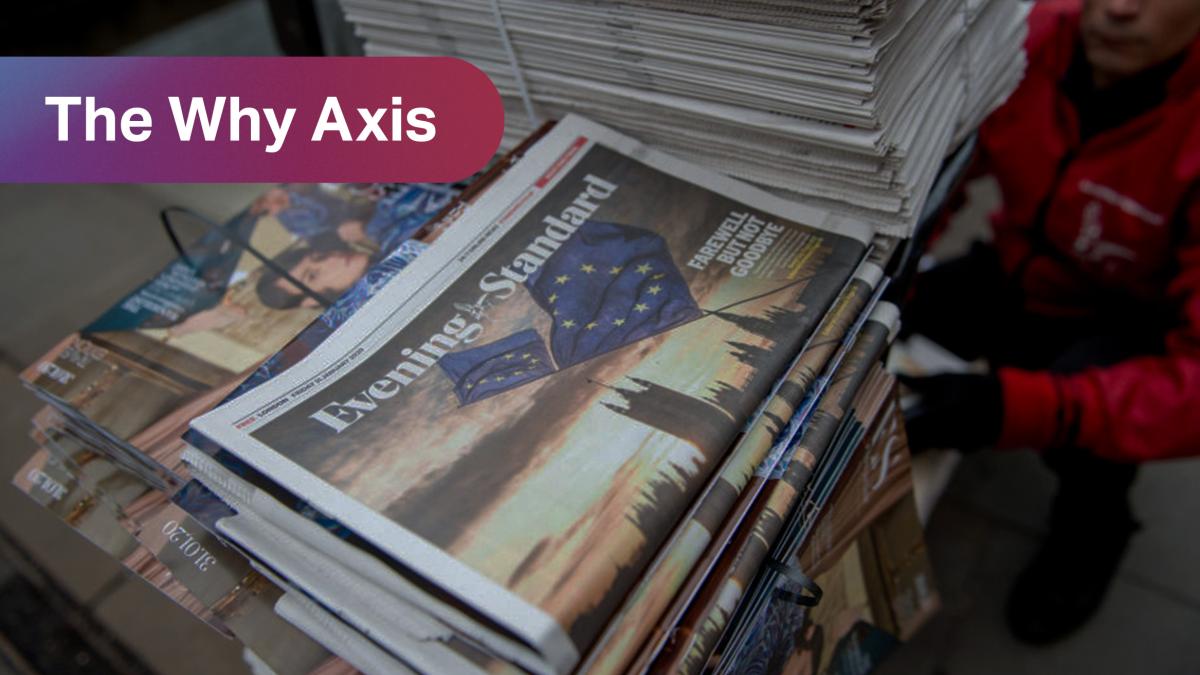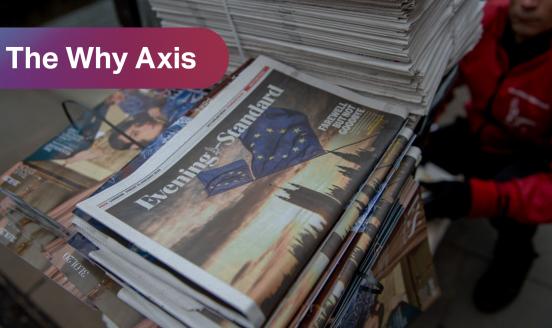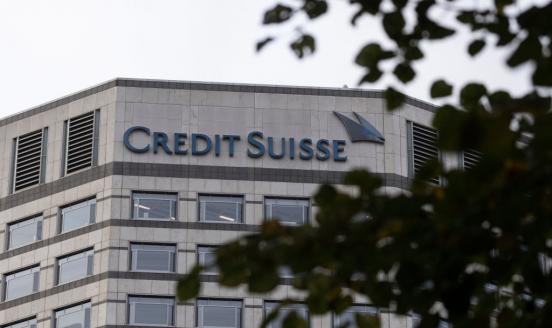The European Union must be Ukraine's wartime financier of last resort


Ten years after Russia’s initial military aggression of Ukraine and two years after full-scale invasion, several things are clear. Ukraine’s fight is aligned with the European Union’s defense. Ukraine’s future is EU membership. As Zsolt Darvas recently explained in this space, the recent unlocking of the EU’s €50 billion Ukraine Facility will also support institutional change in Ukraine.
The hope that the EU’s wartime assistance would soon morph into postwar reconstruction financing has not been realised. The horizon for now is continued warfare, during which Kyiv must sustain the country’s military effort and keep providing public services to its people. For that, Ukraine’s own resources must continuously be complemented by external assistance. The corresponding burden was initially broadly balanced between the EU and the United States, with additional contributions from others. But that balance has eroded, with no visibility on US Congressional dynamics, even in the event of a Biden re-election in November.
The US military contribution remains indispensable and must be maintained. On the financing front, however, the EU must accept that it is now the leading anchor of Ukraine’s viability throughout the war period and beyond, even though other participants including the US still have incentives to contribute. The EU’s central role is increasingly reflected in institutional infrastructure such as the Donor Coordination Platform for Ukraine with a twin secretariat in Brussels and Kyiv and the independent Audit Board that will scrutinise the implementation of the Ukraine Facility.
The EU is right to resist the temptation of confiscating Russia’s immobilised reserves, which in the current circumstances would not comply with international law. Even if the Ukraine Facility is expanded, as appears likely, the EU’s financial support to Ukraine will remain in low tens of percentage points of its GDP. This is eminently affordable and a critical investment in the EU’s own security.
The Why Axis is a weekly newsletter distributed by Bruegel, bringing you the latest research on European economic policy.



